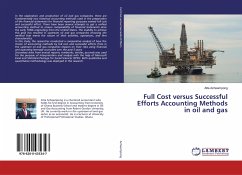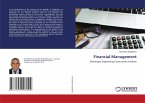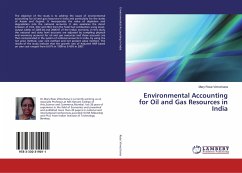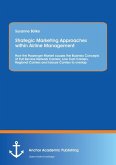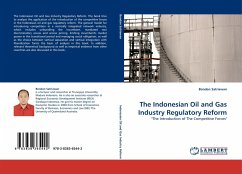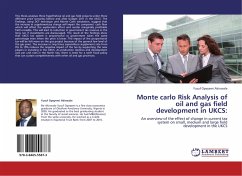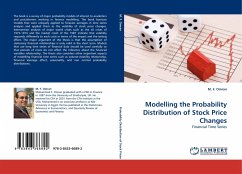In the exploration and production of oil and gas companies, there are fundamentally two historical accounting methods used in the preparation of the financial statements for financial reporting purposes namely full cost and successful effort. There have been several attempts to get a unified accounting method to ensure comparability of financial statements since the early 1950s originating from the United States. The inability to achieve this goal has resulted in upstream oil and gas companies choosing the method that meets the nature of their activities, operations, and firm characteristics. In this study, the researcher conducted a comparative analysis of how the choice of accounting methods by full cost and successful efforts firms in the upstream oil and gas companies impacts on their risks using financial and operating leverage as proxies over the past 5 years. Secondary data from annual reports, textbooks, articles, journals was used for the purpose of interpretation and analysis with the help of Microsoft Excel and Statistical Package for Social Sciences (SPSS). Both qualitative and quantitative methodology was deployed in this research.
Bitte wählen Sie Ihr Anliegen aus.
Rechnungen
Retourenschein anfordern
Bestellstatus
Storno

